
OR
OAG advises CIAA to probe ex-commissioner Pathak
Published On: February 19, 2019 06:00 AM NPT By: Republica | @RepublicaNepal
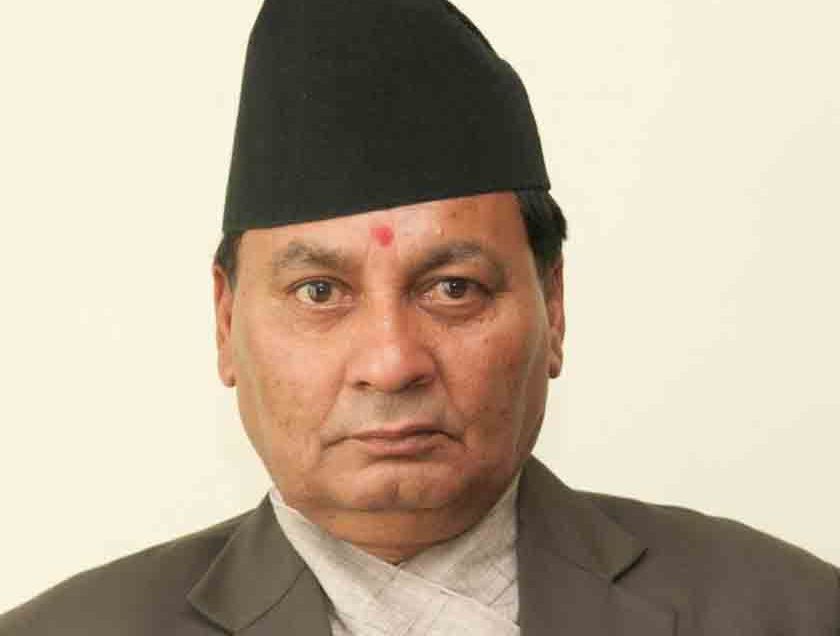
KATHMANDU, Feb 19: Confusion over whether or not to initiate investigations into Raj Narayan Pathak, who resigned as a commissioner of the Commission for Investigation of Abuse of Authority last week, has been cleared with the Office of the Attorney General, the apex legal advisory body to the government, advising the anti-graft watchdog go ahead with such a probe. Pathak had resigned from the CIAA rather then face impeachment over allegations of involvement in a multi-million rupee bribery case.
A team of legal experts led by Attorney General Agni Kharel on Monday advised the CIAA to go ahead and establish Pathak's culpability in the corruption case. Confused over the legal basis for investigating and suing its own commissioner , the CIAA had turned to the OAG for legal advice Monday morning.
The legal team from OAG suggested to the CIAA that under existing provisions of the constitution and anti-corruption law, it can arrest Pathak and investigate the allegations of bribery . The team cited Article 239 (2) of the constitution and Article 39 (2) of the CIAA Act-2002 the OAG .
The legal advice to go ahead with the investigations was given within hours after the anti-graft body sought the legal opinion .
“The CIAA had sought our legal opinion regarding the probe into Pathak's case. We have advised them to go ahead with the probe as both the constitution and other law clearly empower it to do so,” said an official at the OAG.
After receiving the go-ahead advice from OAG, CIAA officials are now consulting how to initiate the investigations. “We are discussing our next move,” said the CIAA official.
Article 239 (2) of the constitution states that the CIAA can conduct or cause to be conducted investigations into any person who can be removed from office through a motion of impeachment. “In the case of persons who can be removed from office by passing a motion of impeachment under Article 101, of judges who can be removed by the Judicial Council, and persons who are liable to action under the Army Act, investigations can be conducted or cause to be conducted in accordance with federal law even after such persons have been removed from office,” states the article.
The OAG mentioned that the CIAA can investigate its own officer(s) deputed by it in connection with some inquiry or investigations if it receives information that abuse of authority is being committed or is going to be committed by said officer(s), and that under such circumstances it is in fact incumbent upon the CIAA to intervene forthwith .
“In the case of an investigation officer deputed from the Commission in connection with inquiry and investigations, the said officer has to intervene immediately upon receiving information that abuse of authority is being committed or is going to be committed, and he may exercise the powers of arrest, search and seizure and other powers conferred by these rules,” states Article 39 (1) of the CIAA Act.Also, the CIAA Act-2002 mandates the anti-graft body to take a decision on its own when if it finds that any corruption or improper act has been committed in matters other than those mentioned in a complaint. “The Commission may conduct investigations in matters not mentioned in the complaint and may take a decision whether or not to file case or take or not to take action on the basis of the said investigation,” states Article 39 (2) of the Act.
Pathak, who was assigned to look over corruption cases related to the education sector, had reportedly received Rs 7.8 million from the chief of the Nepal Engineering College management committee in return for favoring him in a row over college ownership.
Incidently, Pathak allegedly reneged on the promise and also refused to return the bribe money.
Pathak resigned as CIAA commissioner after audio and video clips incriminating him were leaked to media and subsequently went viral on social media .
You May Like This

Amazon confirms two employees in Italy have contracted coronavirus
WASHINGTON, March 2: Amazon.com Inc said late on Sunday that two employees in Milan, Italy, have contracted the coronavirus and... Read More...
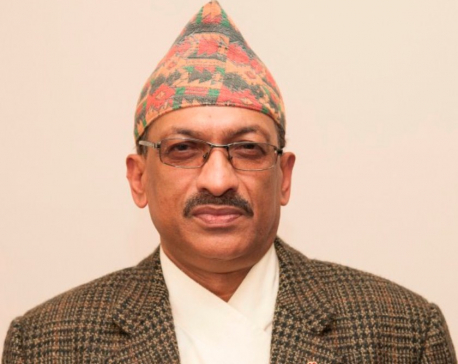
Wide-body aircraft scam probe underway: CIAA chief
KATHMANDU, Feb 25: Nabin Kumar Ghimire, chief commissioner of the Commission for the Investigation of Abuse of Authority (CIAA) on Sunday... Read More...

SC annuls action against Social Science Baha
KATHMANDU, Dec 28: The Supreme Court (SC) has scrapped the actions taken by the Commission for the Investigation of Abuse... Read More...





Just In
- Godepani welcomes over 31,000 foreign tourists in a year
- Private sector leads hydropower generation over government
- Weather expected to be mainly fair in most parts of the country today
- 120 snow leopards found in Dolpa, survey result reveals
- India funds a school building construction in Darchula
- Exploring opportunities and Challenges of Increasing Online Transactions in Nepal
- Lack of investment-friendly laws raises concerns as Investment Summit approaches
- 550,000 people acquire work permits till April of current fiscal year








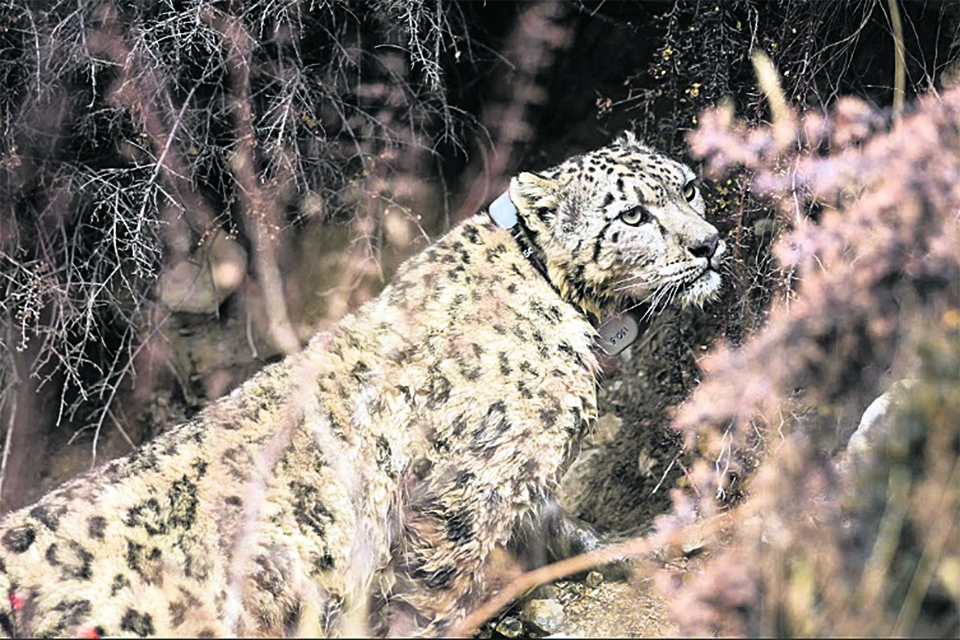
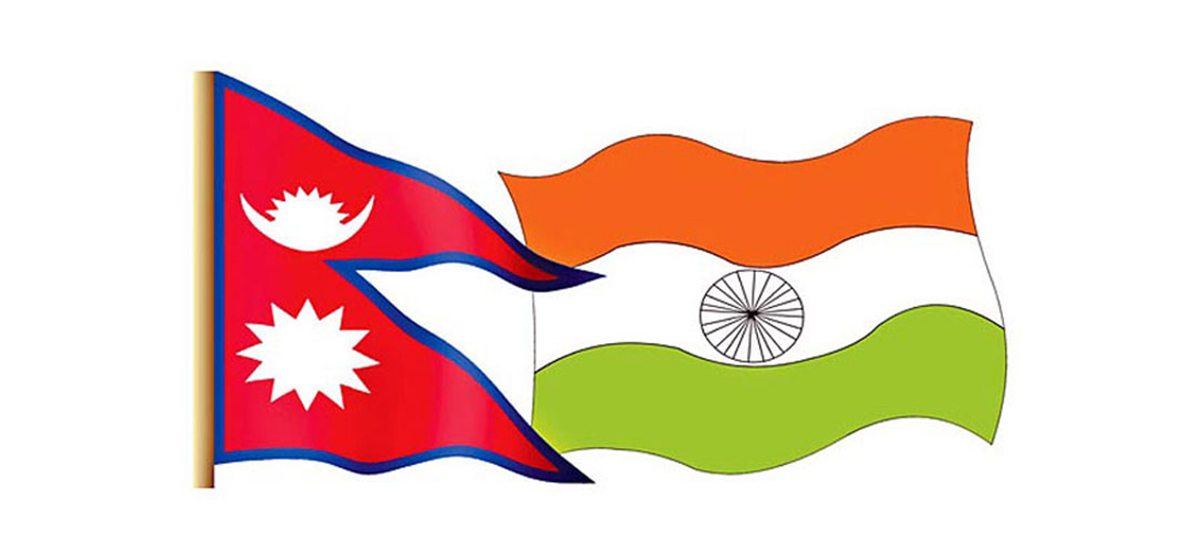

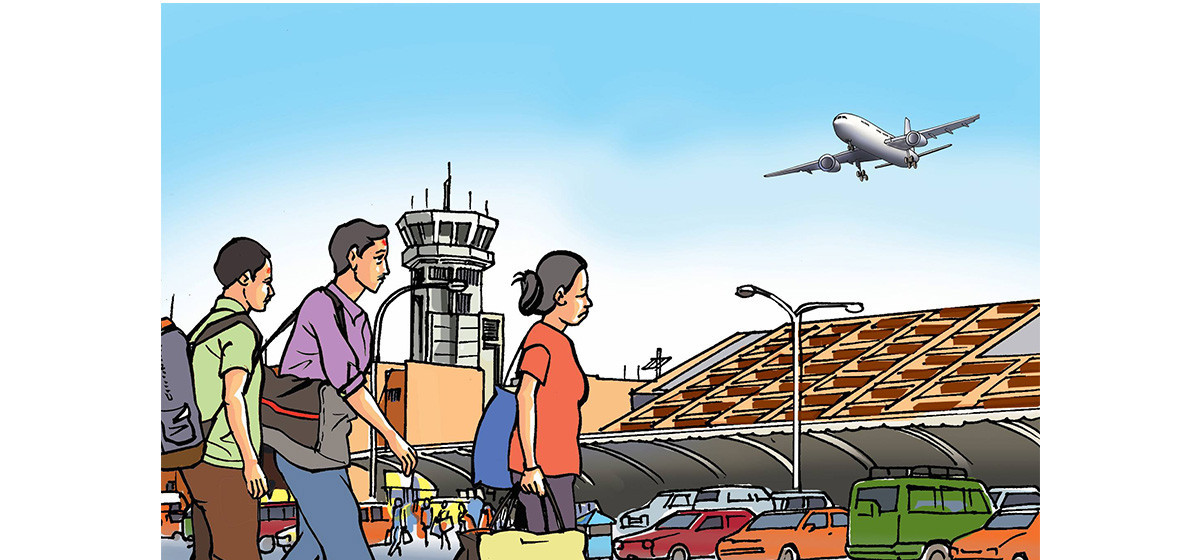

Leave A Comment